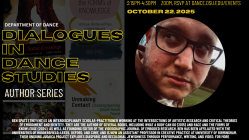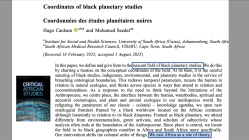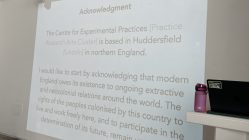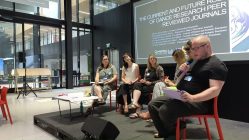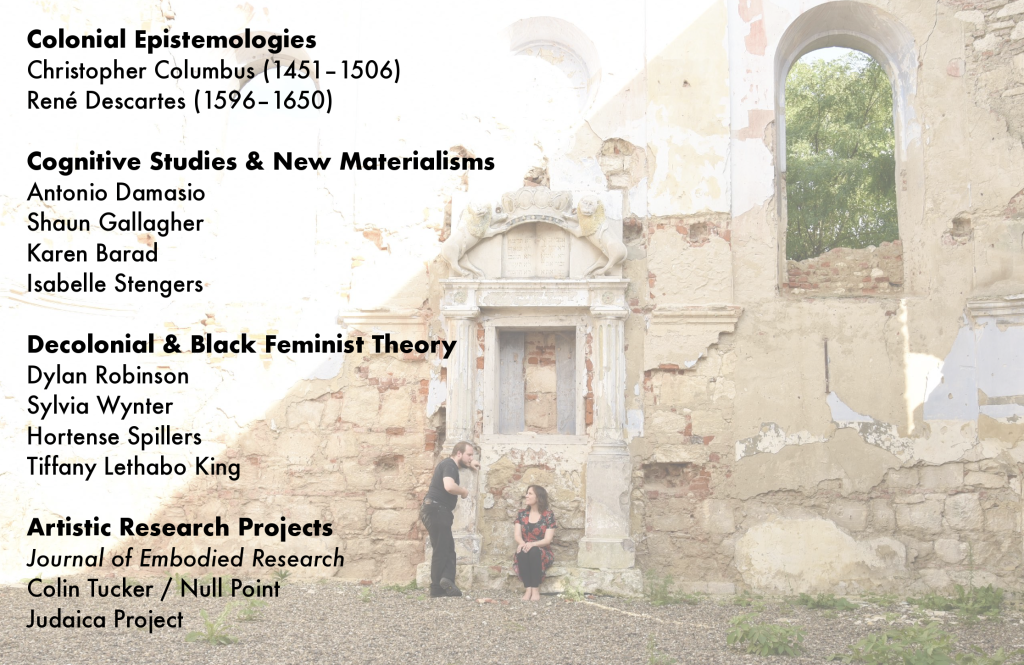Keynote Provocation
11 June 2025
Embodied Research Methods in Music & Sound
Study Day
Practice Research Study Group
Royal Music Association
Sound Practice and Research @ City St George’s
University of London
This keynote provocation will introduce the open-access videographic Journal of Embodied Research and consider the meaning of “embodiment” in that context. While many researchers today would agree that embodied research can be allied to queer, feminist, and decolonial ethics and politics, there is little consensus on what that means in theory or in practice. This talk will compare and contrast approaches in cognitive studies, new materialisms, and black feminist theory as frameworks for embodied research across disciplines and methods. Examples of practice/artistic research will include Spatz’s ongoing Judaica Project, which proposes to develop decolonial jewishness in service of a black planetary.
Note:
I am seeing a lot of research proposals (from postdoctoral to advanced funding) that draw on cognitive studies and new materialisms to theorize embodiment, ecology, and agency in performing arts. In this recent talk at City St George’s, I try to make a compelling argument for why this approach is incomplete and why those working on artistic/practice research today should engage more deeply with critical Black and Indigenous studies when articulating the contexts of their explorations.
This talk is aimed at researchers in music and other performing arts, who are working in predominantly white European institutions. I believe that many of us want to engage more with the social and political implications of our work, but lack the tools to get beyond the dominant and methodologically white approaches of thinkers like Karen Barad. This talk is more polemic than my usual style, as I really want to convince researchers to shift their frames of reference and practices of citation.
In the talk, I refer to the work of Antonio Damasio, Shaun Gallagher, and Karen Barad as exemplars of methodologically white cognitive studies and new materialisms. I explain why we should position ourselves antagonistically not so much to Descartes as to Columbus and how we can begin to do so by centering the work of Black and Indigenous scholars like Sylvia Wynter, Hortense Spillers, Dylan Robinson, and Tiffany Lethabo King. I offer some examples from the Journal of Embodied Research, as well as my own artistic research and that of @Colin Tucker / @Null Point.


